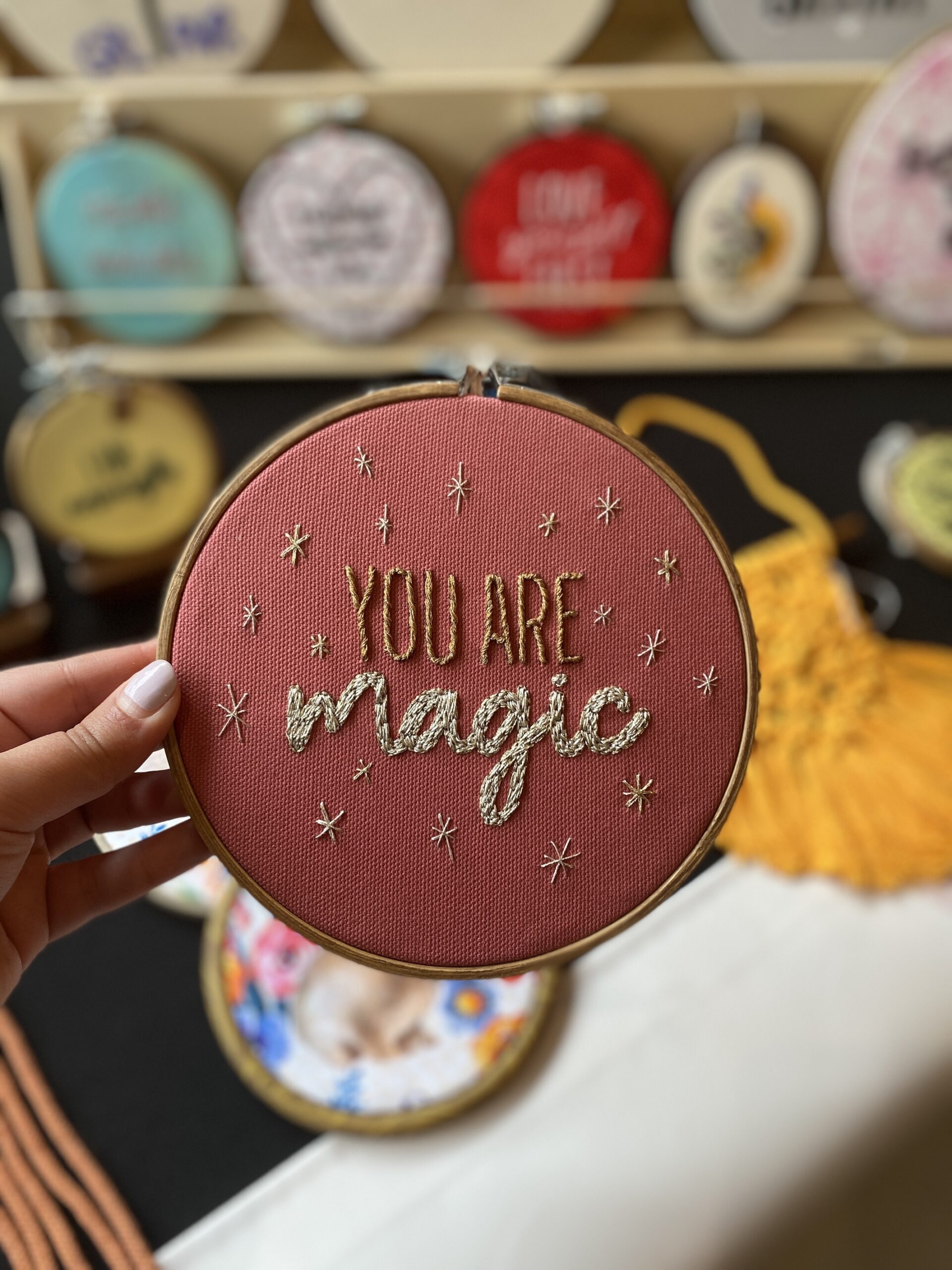Through the repetition of sentences or phrases, positive affirmations establish new neural connections in our brains. The more you repeat a word, the stronger your brain’s relationship with it gets, and the more quickly and effortlessly your brain can reach a certain notion.
Certain brain pathways are enhanced when persons do self-affirmation exercises, according to MRI research. When we evaluate our personal values, the ventromedial prefrontal cortex—which is engaged in positive valuation and self-related information processing—becomes more active. Many people swear by the power of affirmations to affect anything from their income and careers to their relationships, weight loss, and self-confidence. These straightforward statements inundate your mind with positive self-talk. They’re written in the present tense, and they express what you wish to be true about yourself or your life as if it already is. Consider it a mental game of “fake it ’til you make it.”
Here’s how to make your own affirmations:
-Put the affirmation in the first person, for example: I can make a significant difference in other people’s lives.
-Keep it in the present tense, as ‘I am in charge of my fate’ or ‘I have many gifts to share with the world.’
-Make it as positive as possible.
-Make it realistic; for example, if you’re a scared public speaker, declaring “I am the best public speaker” may not seem credible, whereas “I am a good public speaker” may.
-Make your own affirmations and say them frequently, perhaps fifteen times in the morning and fifteen times at night.
How to Make These Affirmations Work for You:
Affirmations can be used in any situation when you want to see a positive change in your life. There may be occasions when you want to:
-Frustration, rage, and impatience are all bad emotions that may be controlled.
-Boost your self-confidence.
-Complete any projects you’ve started.
-Enhance your efficiency.
-Get rid of an undesirable habit.
When used in conjunction with other positive thinking and goal-setting approaches, affirmations may be more effective. Affirmations, for example, function particularly well when combined with imagery. Instead of just seeing the change you want to see, write it down or say it out with a positive affirmation. Affirmations might also help you achieve your personal goals. Affirmative statements might help you stay motivated to attain your goals once you’ve established them. The strength of affirmations comes from frequently repeating them to yourself. Reciting your affirmations multiple times a day (or having them pop up in your alerts!) is beneficial. You should also say your affirmations every time you have a negative thought or behaviour that you wish to change.
Affirmations for a Happy Morning
Do you check yourself in the mirror every morning before leaving the house? The morning, according to Louise Hay, an expert on affirmations and positive thinking, is an excellent time to perform mirror work, which involves reciting affirmations while staring in the mirror. And, according to Hay, the optimum moment to decide how you want the remainder of the day to proceed is in the morning. That’s why positive morning affirmations may be so effective—and a fantastic way to practise saying them out in the mirror. Here are a few of her recommendations:
- I am lovely, and everyone adores me.
- Life has only been kind to me. I’m open to new and exciting developments, and I’m filled with a dazzling, dynamic energy.
- I am active and awake.
- Each experience I have is beneficial to my development.
- Today, I make a fantastic day and a fantastic new future for me;
- My self-esteem is great because I honour who I am, and abundance flows effortlessly through me.
Positive affirmations are a great method to use positive self-talk that can help us overcome negative internal messages and motivate ourselves. Whether you’re looking for a way to cope with anxiety, want to get psyched for something, or just want to be more optimistic in general, try making your own affirmations and repeating them over and over.
“Instead of worrying about what you cannot control, shift your energy to what you can create.”
― Roy T. Bennett

